D110. Transportation Planning Process
D120. Model Pre-processing
D130. The Four Step Model
D140. Model Post-processing

Michael G. McNally • Online Courseware Portal 2021
| Courses and Modules | Demand [ 1 | 2 | 3 | 4 ] • Transit [ 1 | 2 | 3 ] • Simulation [ 1 | 2 | 3 | 4 | 5 | 6 | 7 | 8 ] |
| Demand 100 Modules: D110. Transportation Planning Process D120. Model Pre-processing D130. The Four Step Model D140. Model Post-processing |
 |
 |
D110: Transportation Planning Process -- This module presents an overview of the Transportation Planning Process. Topics include: (a) a summary of the basic process and (b) the role of travel forecasting in the overall process [Length: 18 minutes] |
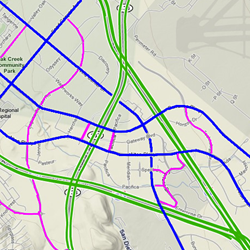 |
D120: Model Pre-processing -- This module presents a fundamental overview of pre-processing models and data for Travel Forecasting. Topics include: (a) the requirements for data and models; (b) the roles of the Transportation System and the Activity System in defining data, models, and results; and (c) the basics of the Four Step Model for travel forecasting [Length: 22 minutes] |
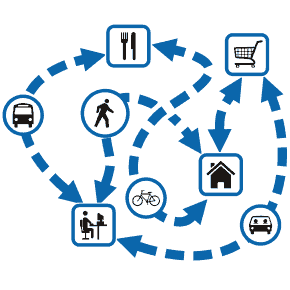 |
D130: The Four Step Model -- This module presents a fundamental overview of the conventional model for Travel Forecasting. Topics include: (a) the role of the Four Step Model as an analysis tool; (b) the characteristics and model types for Trip Generation, Trip Distribution, Mode Choice, and Trip Assignment; and (c) the links to post-processing procedures [Length: 26 minutes] |
 |
D140: Model Post-processing -- This module presents a fundamental overview of post-processing models and data for Travel Forecasting. Topics include: (a) the links to post-processing procedures; (b) overviews of selected post-processing analyses such as air quality analysis, speed estimation, and microsimulation; and (c) limitations of these links on subsequent analysis [Length: 25 minutes] |
| [ back to top ] |
|
Transit 100 Modules: T110. Historical and Current Perspectives T120. Modes and Technology T130. Systems Planning and Modeling |
 |
 |
T110: Overview -- This module presents an overview of historical and current perspectives on public transit. Topics include: (a) the evolution of public transit in the United States; (b) institutional structure, policy requirements, and financial perspectives of transit service provision; and (c) transit ridership trends, performance characteristics, and influencing factors [Length: 41 minutes] |
 |
T120: Technology -- This module presents an overview of Public Transit Modes and Technologies. Topics include: (a) an overview of transit modal alternatives; (b) a review of critical technical and operational characteristics; and (c) an assessment of the relative advantages of various transit technologies [Length: 33 minutes] |
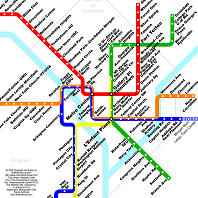 |
T130: Planning -- This module presents an overview of public transit systems planning and modeling, including institutional requirements, modeling methodologies, and data requirements. Topics include: (a) planning for transit systems versus planning for highway infrastructure; (b)strategic (long-term), tactical (short-term), and operational transit planning perspectives; and (c) the Four Step Model and alternate models for planning and forecasting for multi-modal systems [Length: 36 minutes] |
| [ back to top ] |
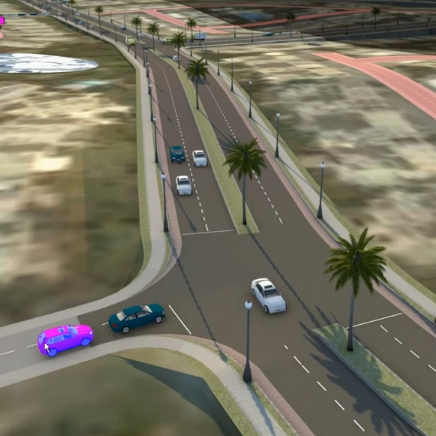 |
S110: Traffic Microsimulation -- This module provides an overview of the basics concepts of microscopic traffic simulation, including the concepts of macroscopic, mesoscopic, and microscopic levels of analysis; the benefits of traffic microsimulation; and the range of applications for traffic simulation [Length: 20 minutes] |
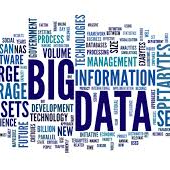 |
S120: Data Requirements -- This course module presents an overview of data requirements for traffic microsimulation models, including the breadth of data required for simulation modeling; data coding requirements; and informaiton on background images for coding and visualization [Length: 28 minutes] |
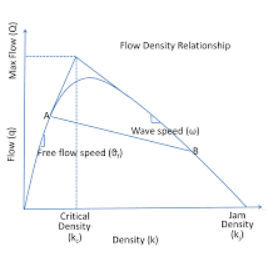 |
S130: Traffic Flow Models -- This module presents an overview of the core traffic flow models utilized for microscopic traffic simulation modeling, including basic elements of simulation such as warm-up periods, time steps, and random numbers; the role of driver behavior in microsimulation, including car-following, lane changing, and gap acceptance; and route choice behavior for microsimulation [Length: 31 minutes] |
 |
S140: Traffic Control Models -- This module presents material on traffic control systems and microscopic traffic simulation models, including modeling traffic detectors; modeling traffic signal systems, including fixed-time, actuated, and adaptive traffic control; modeling ramp metering systems, including fixed-time, local responsive, and coordinated control; and modeling HOV/HOT facilities [Length: 15 minutes] |
 |
S150: Demand Models -- This module presents basic material on travel demand for microscopic traffic simulation models, including how to prepare a travel forecasting model to obtain demand estimates for use with traffic microsimulation models; how to extract OD tables from travel forecasting models; and how to refine extracted OD tables via OD Estimation [Length: 31 minutes] |
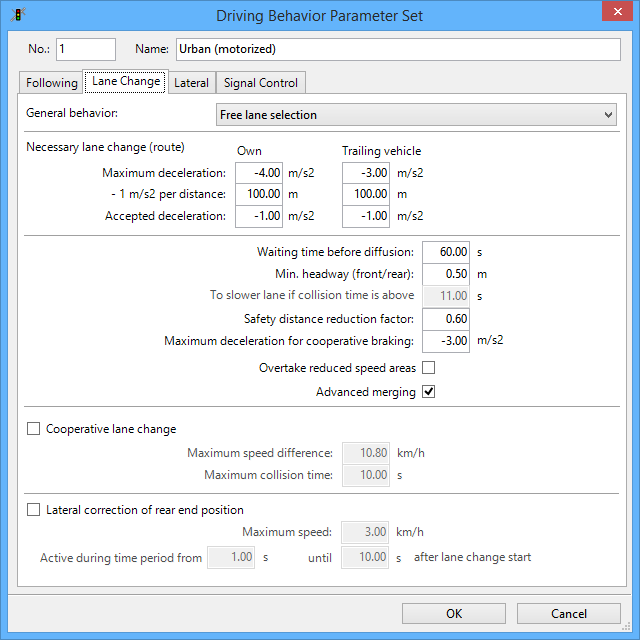 |
S160: Model Set-up -- This module presents material on the process of developing an operational microscopic traffic simulation model, including defining data for vehicle mix and demand structures; parameter specification for driver behavior models; and the process of error checking, reasonableness checks, and model review [Length: 15 minutes] |
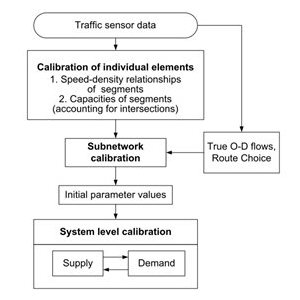 |
S170: Calibration -- This module presents material on will introduce the process of calibration for traffic microsimulation models, presenting why calibration is needed, what calibration involves, and how calibration is done [Length: 18 minutes] |
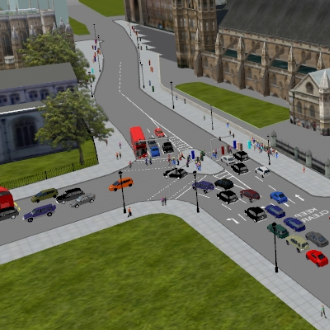 |
S180: Application -- This module provides an overview of the various applications of traffic microsimulation models in transportation planning, operations, and management [Length: 15 minutes] |
| [ back to top ] |
| [ Last modified: 26 January 2021 | terms of use | © mgm ] |